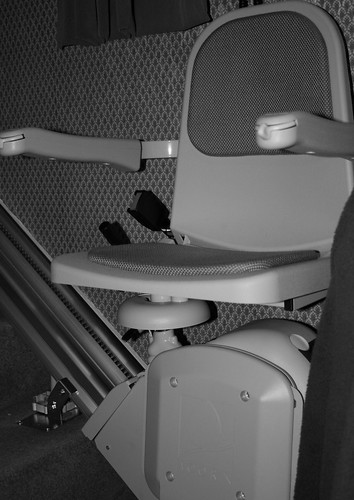The clocks have turned back and we seem to have been in a dark month! News stories about the elderly or disabled were pretty grim too.
Looking Up For The Lunch Club

In Sheffield, the Pitsmoor Methodist Church that had been running lunch clubs for senior citizens for 38 years was in danger of having to cease their service.
The lunches had been funded by the Church. The transport used to get the pensioners to and from the church hall was also free at one time. This newspaper report and video explained that the pensioners had to contribute to the bus costs and the Church was unsure how long they could continue to fund the lunches.
For many of the pensioners who come to the lunches on Tuesdays and Wednesdays it’s the only time they go out. Some live alone, some in sheltered accommodation and many have known hard lives. Take Tom who worked ‘down the mines’ for 30 odd years. Or the former nurse who cared for others for 17 years and now suffers with failing eyesight.
Many of the group depend on this weekly outing for at least one nutritious meal, surviving on very little for the rest of the week. And of course they gain a lot from the all-important company of the others. A good serving of ‘home cooked’ Shepherd’s Pie and Rice Pudding is something to look forward to.
You can watch the video about the lunch club below.
Age UK statistics tell us that 1.7 million pensioners live below the poverty line, existing on less than £250 per week.
Stuck up the stairs

Meanwhile over in Grimsby, Lincolnshire a disabled man got stuck upstairs for six weeks because his stairlift had broken down.
The gentleman in question, Mr Ardito, needed the stair lift to get from one floor to another following a riding accident that injured his leg. On the level he uses a wheelchair and managed to get around quite successfully.
Not surprisingly he claimed that ‘his life stops’ if he can’t get downstairs. Meanwhile he had set up a temporary kitchen in his bedroom. (One wonders how if he was stuck upstairs?)
Mr Ardito had ongoing problems with his stairlift. He had been offered help from the local council who had the stairlift installed for him. They even offered to help him financially to convert the ground floor so that he didn’t need to use the stairs.
We understood that stairlifts were battery operated and always recharged when they were stationery to avoid this sort of catastrophe. Of course if there was something wrong with the stairlift we know that most stairlift companies have really good after sales service. They would certainly want to ensure that their customers were happy and not caught in a situation like this.
Are we being told the whole story we wonder?
